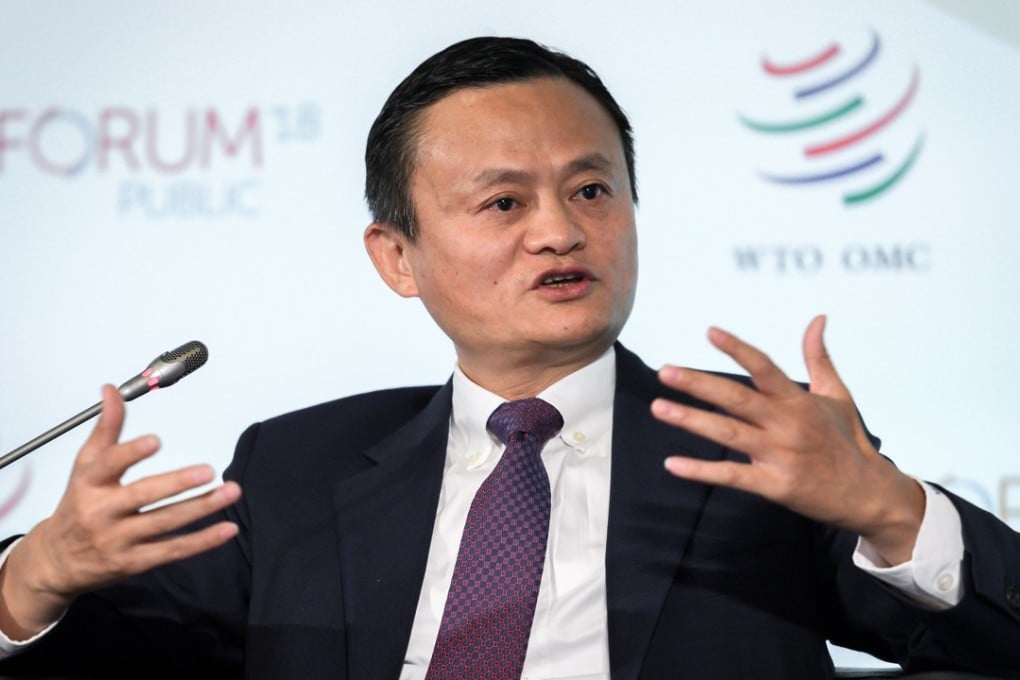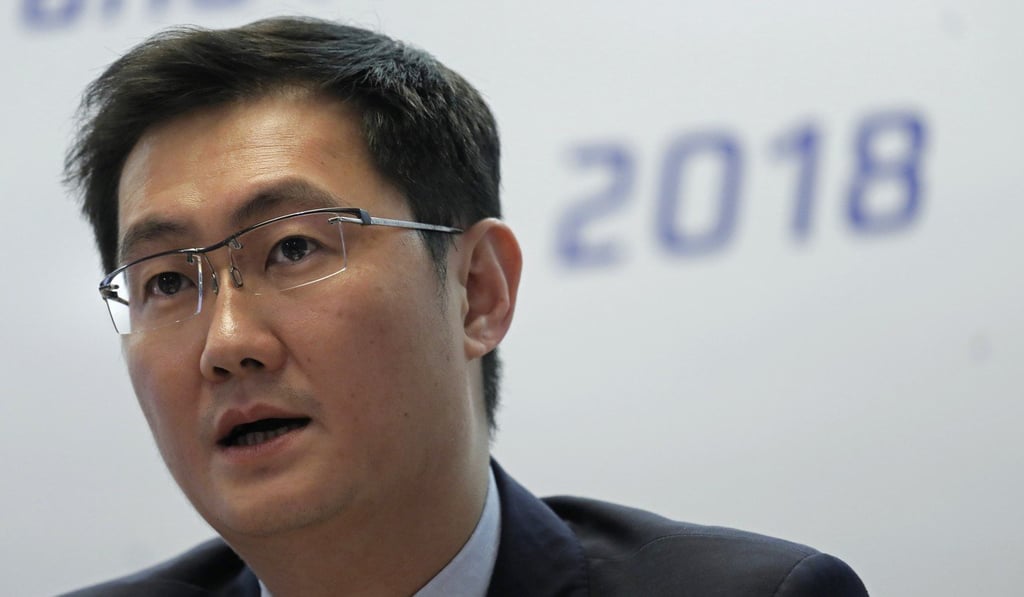China’s Communist Party lists its Top 100 private sector business leaders
- Tech tycoons Jack Ma, Pony Ma among those praised for their ‘entrepreneurial style … with Chinese characteristics’
- But there’s no place for controversial figures like Richard Liu and Wang Jianlin

China has published a list of 100 entrepreneurs in acknowledgement of their “great achievements in the development the private economy” over the past 40 years, though several of the country’s best-known business owners were conspicuous by their absence.
While the country’s two richest individuals – Jack Ma, chairman of Alibaba Group, which also owns the South China Morning Post, and Pony Ma, chairman of Tencent – both made the list, it was not based on wealth. In fact, the entrepreneurs were listed simply in name order alongside their business interests.
Perhaps the most notable absence was Richard Liu Qiangdong, founder of e-commerce platform JD.com, who is currently under investigation in the United States after being accused of rape.
Also failing to make the grade were Wang Jianlin, chairman of Wanda Group, Chen Feng, chairman of HNA Group, and Guo Guangchang, chairman of Fosun, all three of whom had their wings clipped by Beijing after leading their conglomerates on massive overseas spending sprees.

Titled, “Top 100 outstanding private entrepreneurs at the 40th anniversary of reform and opening up”, the list, which was released on Wednesday, was compiled by the All-China Federation of Industry and Commerce and the United Front Work Department, a body that seeks to spread the Communist Party’s influence in non-state fields.